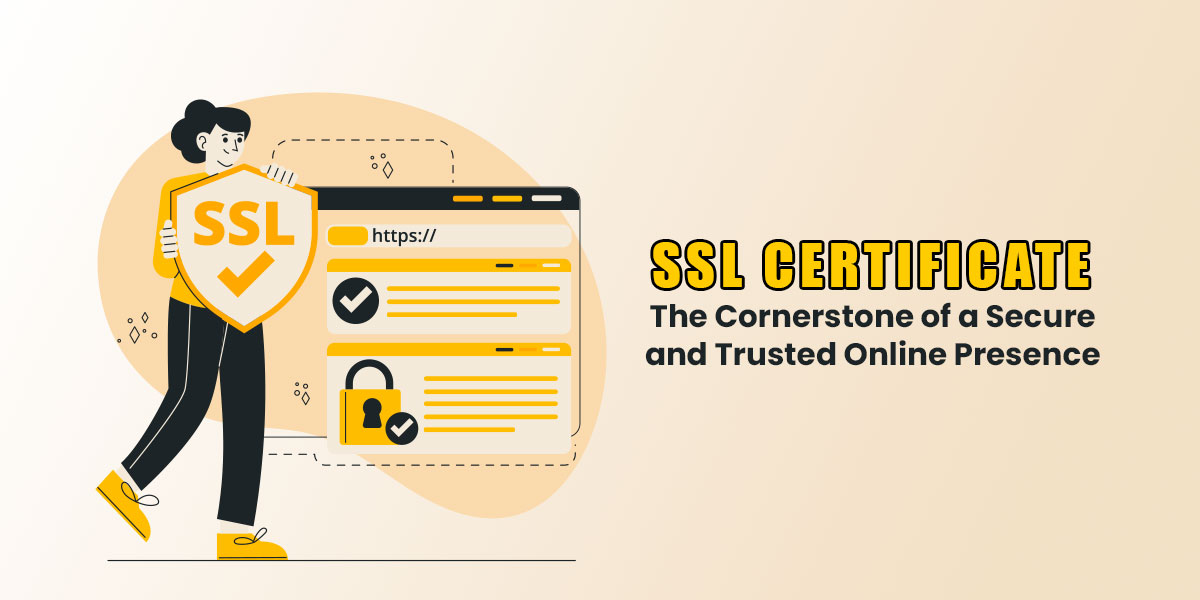SSL Certificates: The Cornerstone of a Secure and Trusted Online Presence
- Home
- Website Security
- SSL Certificates: The Cornerstone of a Secure and Trusted Online Presence
SSL Certificates: The Cornerstone of a Secure and Trusted Online Presence
Categories

- Domain Validated (DV) Certificates:
- Validation Level: Basic validation, confirming the domain name is registered and someone with admin rights is aware of and approves the certificate request.
- Usage: Suitable for blogs, personal websites, and informational websites.
- Organization Validated (OV) Certificates:
- Validation Level: Intermediate level of validation, confirming the legitimacy of the organization behind the website.
- Usage: Ideal for business websites, where users expect some level of trust but not sensitive data transactions.
- Extended Validation (EV) Certificates:
- Validation Level: Highest level of validation, involving a thorough vetting process by the Certificate Authority (CA).
- Usage: Used by e-commerce websites, financial institutions, and any site that handles sensitive data, providing the highest level of trust with a green address bar in browsers.
- Wildcard SSL Certificates:
- Scope: Covers a domain and all its subdomains.
- Usage: Useful for websites with multiple subdomains (e.g., blog.example.com, shop.example.com).
- Multi-Domain SSL Certificates (SAN SSL):
- Scope: Covers multiple domains and subdomains under a single certificate.
- Usage: Suitable for businesses managing multiple websites or services.
- Unified Communications (UCC) SSL Certificates:
- Scope: Designed for Microsoft Exchange and Office Communications environments.
- Usage: Useful for securing multiple domains and hosts used with Microsoft services.
Importance of SSL Certificates
- Data Encryption: SSL certificates encrypt data transmitted between a user’s browser and the web server, protecting sensitive information from interception by malicious parties.
- Authentication: They verify the identity of the website, ensuring users are interacting with the intended website and not an imposter.
- Trust and Credibility: Websites with SSL certificates display padlock icons and use “https” in their URLs, building trust with users by showing that their data is secure.
- SEO Benefits: Search engines, including Google, prioritize HTTPS websites in search rankings, improving visibility and traffic.
- Regulatory Compliance: SSL certificates help meet data protection regulations, which require secure handling of personal data.
Google Chrome and SSL
In July 2018, with the release of Chrome 68, Google Chrome began marking all HTTP sites as “Not Secure.” This change was part of Google’s broader initiative to make the web safer by encouraging the adoption of HTTPS encryption. Since then, sites without SSL certificates are flagged, potentially causing users to distrust the site and impacting its credibility and traffic. This move by Google highlighted the importance of SSL certificates in ensuring a secure and trustworthy web browsing experience.



